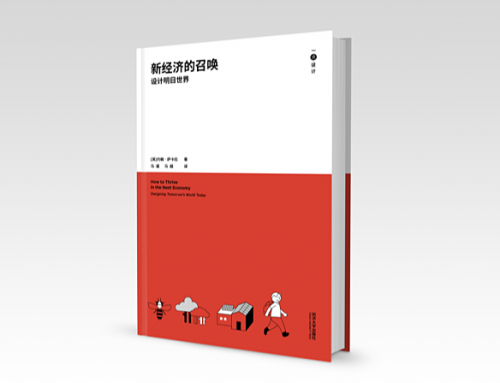At deBalie in Amsterdam, a conference called Incommunicado is debating issues to do with information technology for development (ICT4D). I could not stay for today’s debate, organsed by Solomon Benjamin, on “culture and corporate sponsorship in the ICT4D context†– so I make this contribution remotely. Benjamin, quoting as one example Doors 8 in Delhi (where he was a speaker), asks: “What is the agenda of these organizations? Is the electronic art they are exporting merely paving the way for the big software and telecom firms to move in, or should we reject such a mechanical, one-dimensional view?â€. One way to resolve this pertinent question would be for Dr Benjamin to re-read what was written and what was
said before and during Doors 8. My reading is that people at Doors argued miltantly that technology is not, of itself, virtuous. It’s what people do with it that matters – and what people do with new media is not for us in the North to dictate to the South. We went to compare experiences, not to download expertise. Doors was criticised at the time for associating with corporations (firms like Nokia and HP were sponsors) – but opinion on that among our critics seems to be softening. Some speakers at the opening event of Incommunicado argued that new strategies for develoment will unavoidably involve the private sector, so they (the companies) should be involved in discuission, not demonised and excluded. And a text published at Incommunicado called “The Delhi Declaration” proposes “the cultivation of hospitality and attention by practitioners towards people engaged primarily with discourseâ€, and for theorists and researchers to be “sensitive to the exigencies of practice and artistic creationâ€. I think all this means: let’s lunch. So we will.




